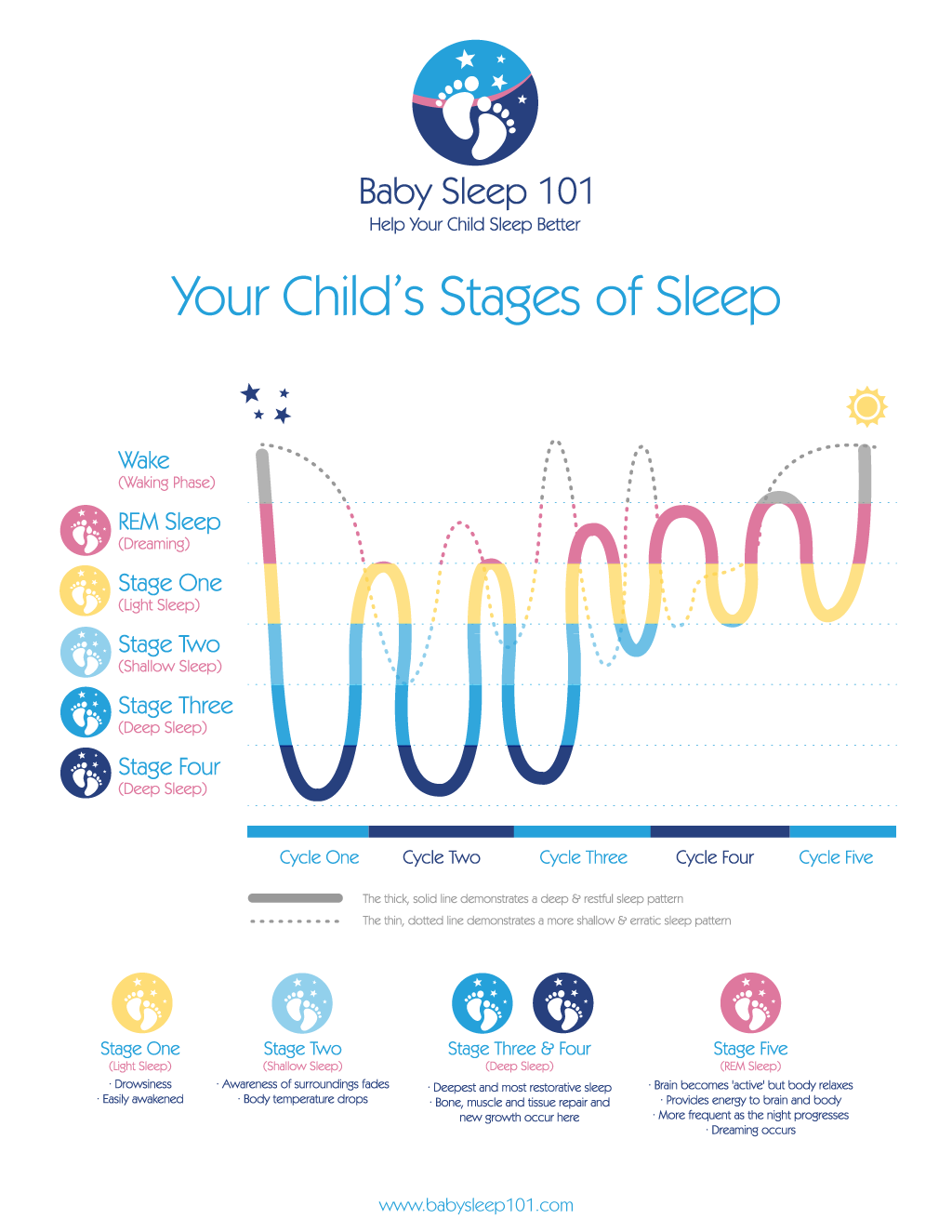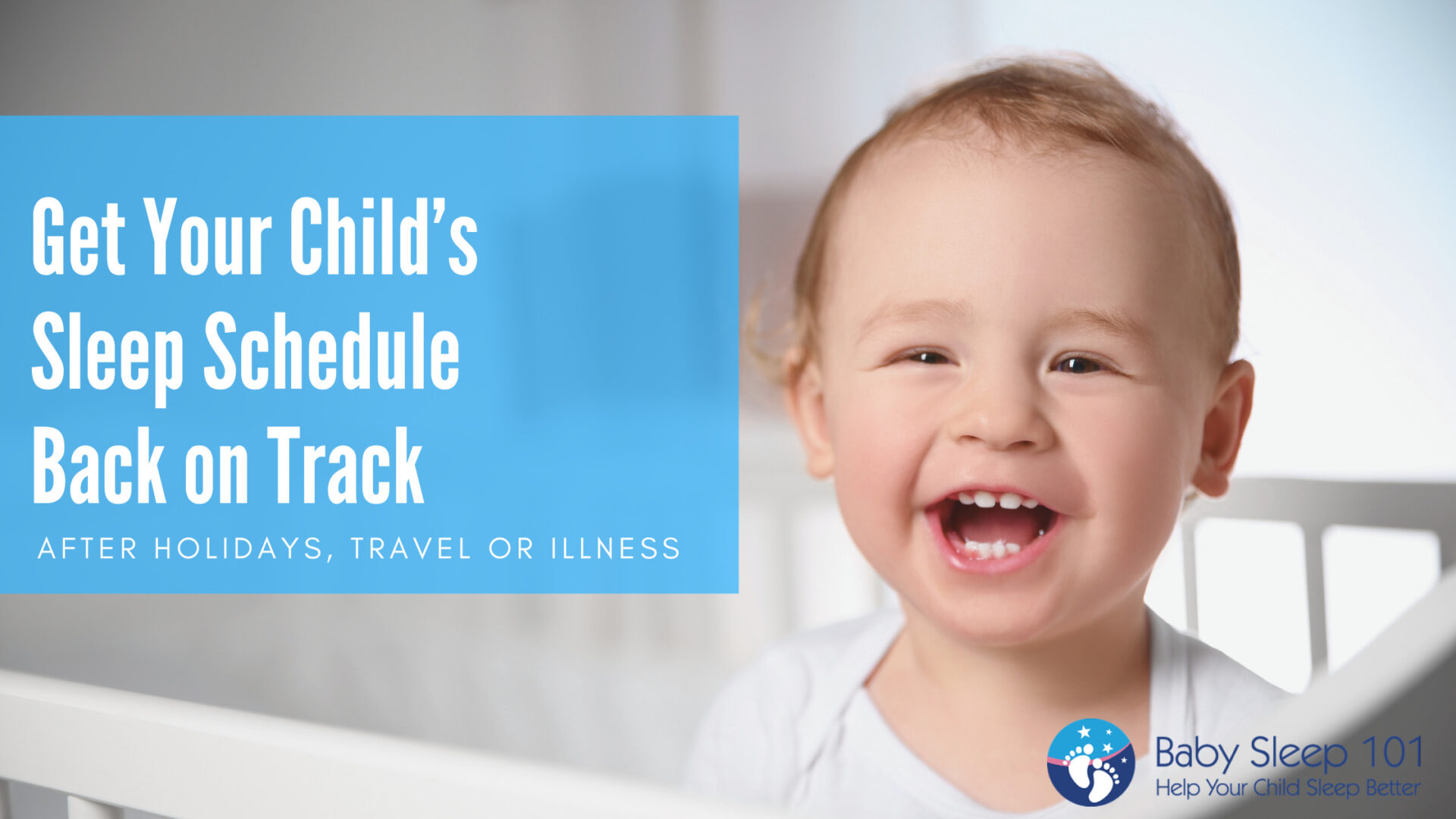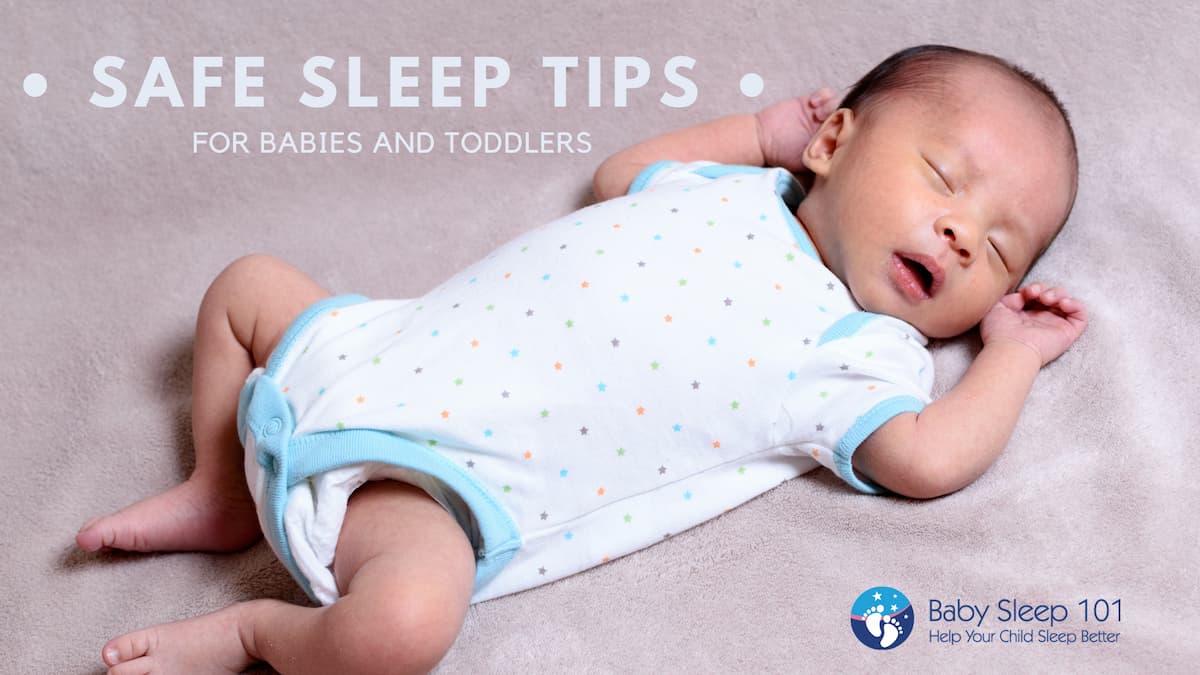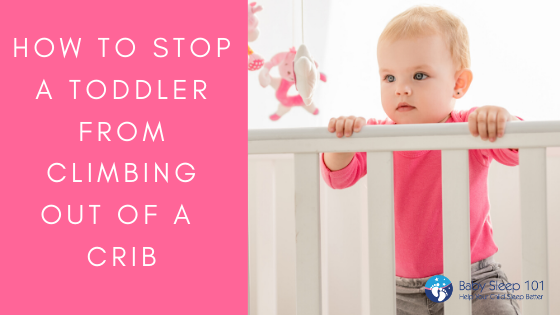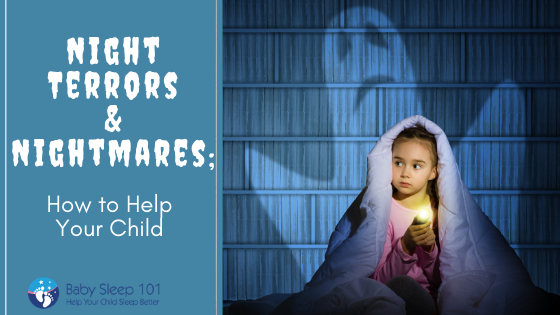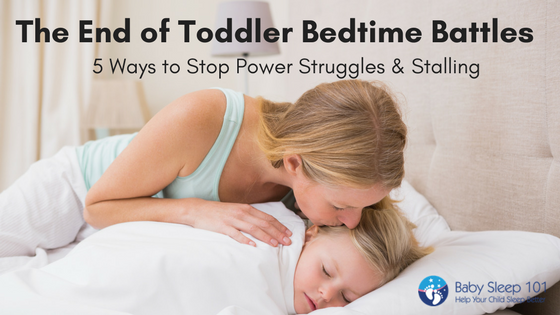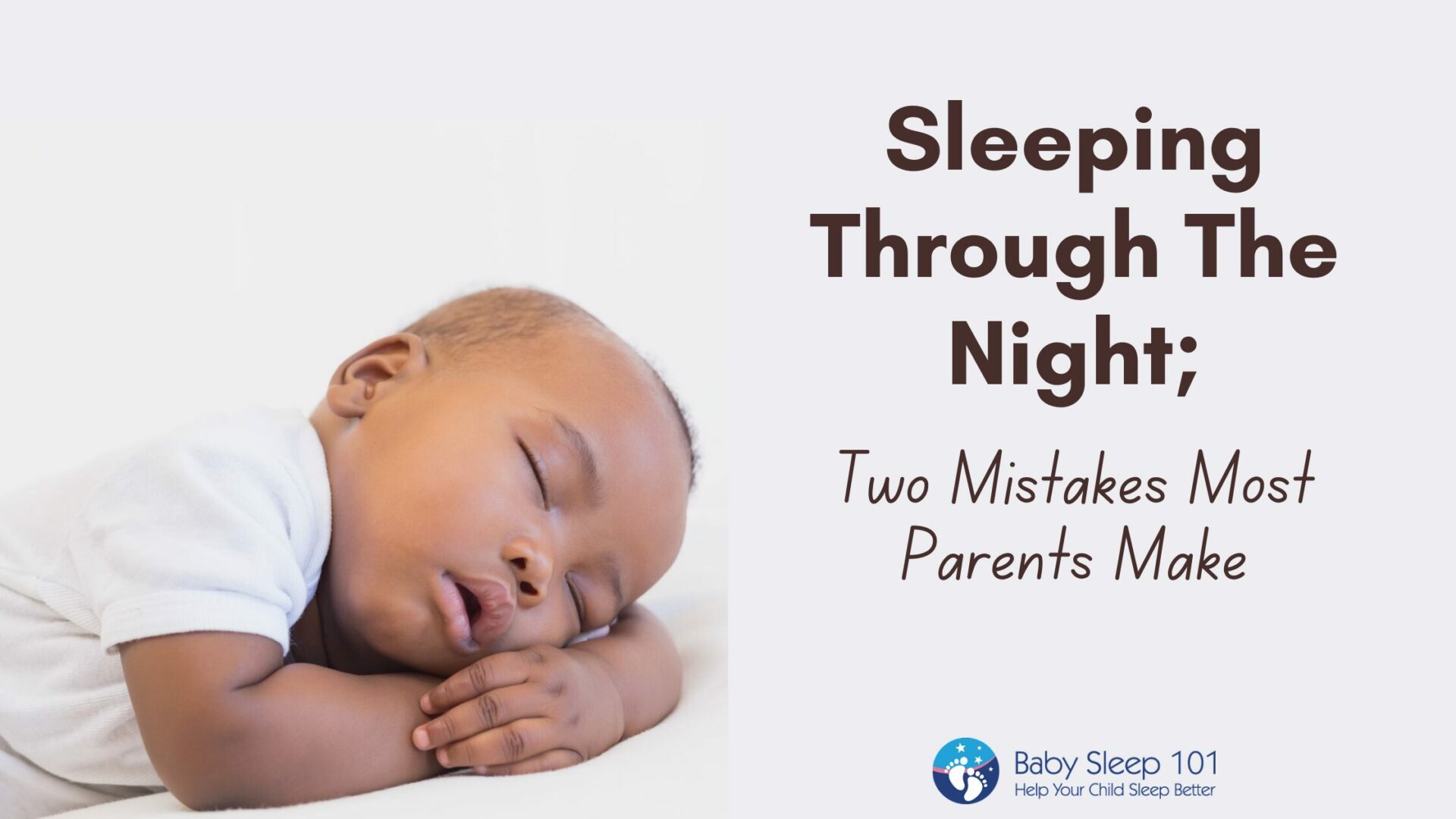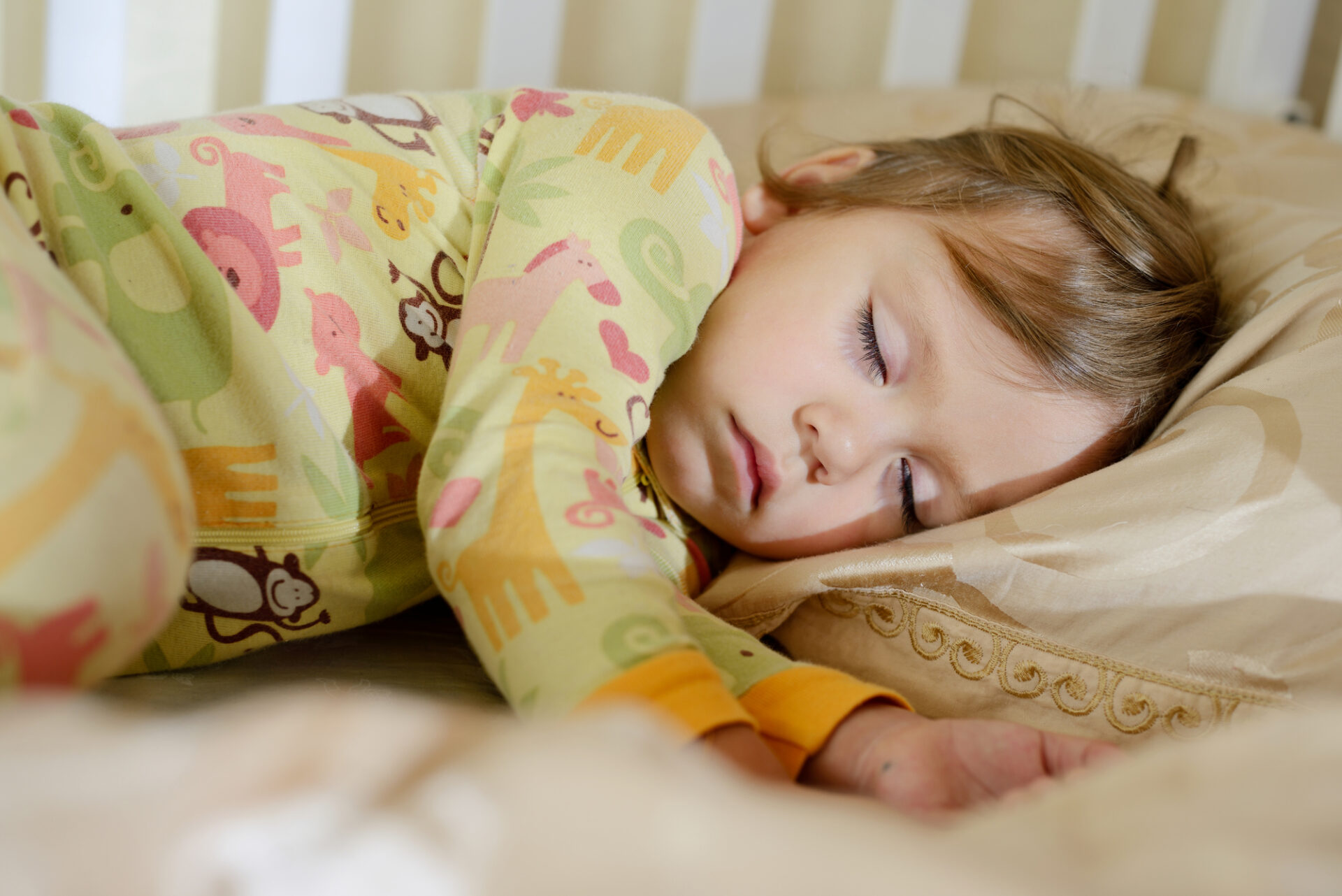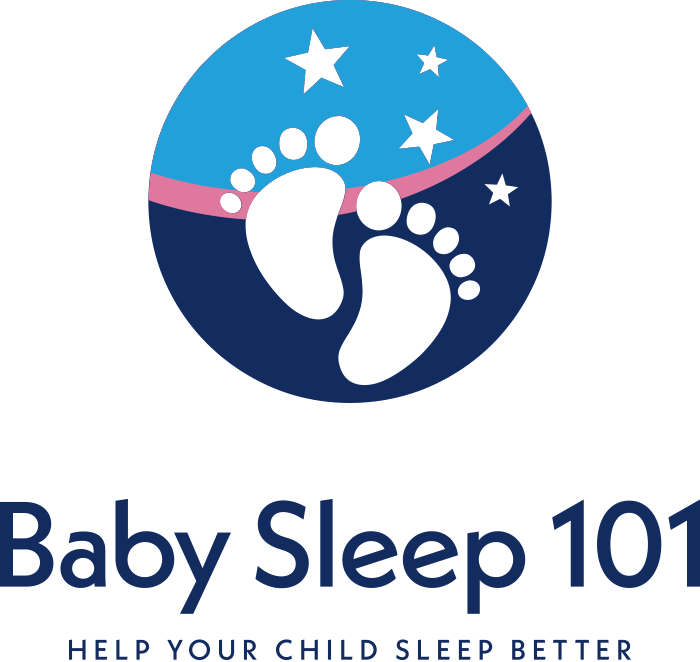Toddler Early Morning Wakings
Toddler early morning wakings…We’ve all been there…
Fast asleep, all warm in your bed. Between dreams, you glance at the clock and see it says 5:00 am.
Happy knowing you have another hour to sleep, you nestle down into your fluffy covers and cozy pillow. You are about to drift off into lala land, when, all of a sudden, you hear your toddler calling for you.
You groan as you get out of bed, fumble to find your slippers and make your way to your child’s bedroom. You try your best to convince them that it’s not time to get up yet.
Rubbing their back, lying down with them, getting stern with them-none of it works.
Giving up, you bring them back to your bed and try to catch a few more zzzs, which, by this time is only a few more minutes.
If this sounds familiar, you’re not alone. Many of my clients with toddlers and preschoolers experience variations of this scenario. The good news is that there are many things we can do to help stop toddler early morning wakings.
What Exactly Qualifies as An Early Waking?
It is quite normal for children between the ages of one and four to wake early, but it’s important to know what is categorized as age-appropriate and what is too early.
The typical or average wake up time for toddlers is between 5:30am – 7:00am (but often 5:30am can still be moved out a touch later).
An early waking or rising is defined as waking up for the day prior to 5:30am. Parents tend to define early morning wakings when the child is suddenly waking up more than 45 minutes earlier than they normally would, but *technically* it needs to be earlier than 5:30 am.
Toddler Early Morning Wakings; Why Do They Happen?
There are many reasons why children might experience early morning wakings. No two children are the same, but let’s explore the most common reasons (and solutions) for each.
1. Not Getting Enough Sleep
By far, the number one reason toddlers wake up too early is because they’re overtired. Which leads to the next logical question of…
“Why don’t kids sleep in then, if they’re overtired?”
I know, it seems so irrational, right? But that’s because as adults, our sleep functions differently than a child’s. When we are tired, given the opportunity, we will often sleep in the next morning to catch up.
However, with children, when they are overtired, their body releases extra stimulating hormones to fight the fatigue that accumulated the day before. In turn, their sleep isn’t as deep or restorative and they are more prone to night wakings.
Then, as they approach the early morning hours, and their body naturally reduces the amount of melatonin (the sleep hormone) being produced, it gets increasingly harder for them to return to sleep. So, not only are they not sleeping as deeply during the night, they are also more prone to night wakings and early risings.
You can see the difference between a well-rested child’s sleep (thick, solid line) and an overtired one here (dotted);
Are Naps Contributing?
Similarly, early wakings can occur if your child has had too little daytime sleep. Contrary to popular belief, many toddlers don’t drop their nap until closer to 3-4 years of age. Others will nap until full-day school begins.
If their nap is shorter than needed, or dropped completely, then come bedtime, the body, in an effort to try and sustain itself, goes into fight or flight mode.
If a child’s wake time between the end of a nap until bedtime is too long, this could also encourage early morning waking in toddlers. The nap itself might be the correct length of time, but if bedtime is too late, the child could catch their “second wind” and go to bed too late.
On the flip side, if the child is having too much daytime sleep, this can be a cause of early morning wakings as they no longer require as much sleep at night. This effects children of 3 years and up in particular. If nap is too long, then bedtime becomes too late and the restorative night time sleep is shortchanged.
Every element of the child sleep routine has a knock on effect that could cause early morning wakings.
2. Changes to the Toddler’s Life
Just as sleep debts can accumulate in various spots, there are different areas in a child’s life that can also impact early wakings. Just as something like stress could affect our sleep, changes to their routine can have an effect on your toddler’s sleep as well.
As you may have discovered when they were a baby, milestones can mess with sleep. This is still true for toddlers.
If they happen to wake early in the morning, they might begin to practice their new skills when they wake, instead of going back to sleep. Most notably, this happens around 18 and 24 months.
Entering daycare for the first time, can also be a difficult adjustment for them, both emotionally and physically. If this transition causes the child stress, it could cause early morning wakings.
Equally, if a new sibling enters the family, this change can be difficult for children and may take some time. Not only are they trying to adjust to new noises, new routines, but shifting family dynamics as well.
3. Sleep Hygiene and Healthy Sleep Habits
Just like we try to teach good overall hygiene habits to our children, (brushing their teeth properly, washing their hands after using the potty, etc.), sleep hygiene is an critical component to their overall sleep success.
Overstimulated and wound up kids will struggle to fall asleep. When they do, it’s more likely to be shallow and not refreshing. Their bodies need to be relaxed prior to a sleep period.
And remember; the sleep that children experience in the early hours of the morning is quite light. Any stimulus such as light, temperature may prematurely wake the child.
4. Are You The Reason?
As parents, we play a very significant role in our children’s sleep habits. This includes early morning wakings. It means that we have the ability to help the toddler overcome them, and be aware of our behaviours that might have a negative impact.
If parents themselves are feeling insecure or unsure with a routine they might inadvertently be spending too much energy trying to get the child to sleep. Ironically, by trying to get them to sleep, this can end up keeping the child awake as there is too much engagement and stimulation.
Another aspect to consider is communicating expectations. When I talk to new clients about what they have done to try and change their child’s early risings, majority of the time, they have missed a significant piece; talking to the child about what they expect.
We often focus on telling kids what they can’t or shouldn’t do, but we forget to tell them what they can or should do.
Many of my clients assume their toddlers know better, but I’m here to tell you, they don’t. If the child knows what you expect from them and what to do when they get up, we are then setting them up for success.
5. Hidden Medical Issues
By now, you know that early morning sleep is very light. The body reduces melatonin production and the desire or sleep pressure, is significantly reduce.
Any disturbance or stimulus can result in them waking early. However, if all of the preceding issues have been resolved and your toddler is still waking early, I have found the final missing piece may be a medical one.
Children with airway issues, breathing difficulties, allergies, restless leg syndrome, or sleep apnea, among other things may still continue have shorter nights, until these underlying root causes are addressed.
Toddler Early Morning Waking Solution #1; Tweaking the Overall Sleep Routine
The key to eliminating these wake ups due to over-tiredness, is to fix your child’s sleep routine. To start, begin by logging their overall sleep for 5-7 days. Then look for the shortfalls.
- Are their naps too long or too short? A one year old may need about three hours of sleep. This may or may not be split between two naps. (For more information on the 2-1 nap transition, see here.) But a two or three year old may do better with less than that. If an older child is napping too long during the day, it may short-change their night time sleep which then sets up a cycle of over-tiredness.
- Is bedtime too late?If your little one is still napping, then it’s important to consider the distance between the end of the nap and bedtime. Most of the time, they can only handle about 4-5 hours after they wake up from that nap. More than that, you risk a sleep debt starting to build.
Want more valuable tips to help your toddler or preschooler sleep better? Download your free copy of TODDLER & PRESCHOOLER’S SLEEP SOLUTIONS; EASY TIPS FOR EXHAUSTED PARENTS.
- Are naps starting too early or too late? Sleep cycles are based on the body’s response to light and dark signals throughout the day, along with social cues.There are certain times that their body is more ready and able to nap, but if we miss those sleep windows, they will catch their second wind and make it hard to settle into the deep stages of sleep needed to fully recharge the body.
Once you know where the problems lie, you can start to make adjustments and help get them back on track. But be patient, usually early morning wakings take a little while longer to adjust than night issues do.
Toddler Early Morning Waking Solution #2; Coping With Life Changes
Although there can be some large routine shifts, the good new is, we have a way to tackle it!
When it comes to milestone development, although it can be exciting to witness because it means they are getting older, my recommendation stay on top of your child’s schedule. Just because they are older, doesn’t mean they suddenly need less sleep.
Be strict with making sure naps are happening at the right time each day and if they aren’t, that bedtime is adjusted accordingly. Be preventing a sleep debt to form before bedtime, helps to ensure they sleep to their regular wake up time in the morning.
If your toddler early morning wakings start as a result of beginning daycare, then it’s important to talk to the staff. Communicate your concerns, ask them to record all sleep periods and help them work on strategies to ensure proper naps are being taken. You can read more about naps and daycare here.
And finally, if a new sibling entering the picture has thrown your toddler’s mornings out of whack, keeping the lines of communication open, empathizing with them and spending one-on-one time together can help.
If the noise of the new baby is causing your toddler to wake early, then investing in a good quality white noise machine can be an easy solution.
Toddler Early Morning Waking Solution #3; Create Healthy Sleep Hygiene
Create a soothing and relaxing wind down for your toddler prior to each nap and bedtime. It doesn’t need to be long or elaborate, it’s not the actual steps that matter, rather the act of repeating it each day, that’s important.
With repetition, the brain comes to recognize that it’s time to sleep and begins the internal process of winding down. As long as you are leaving while your child is still awake (be careful they aren’t too drowsy or it will become a sleep association), a short and simple routine is great.
Technology is great, but it has its place. If your toddler is watching the TV or an iPad before bedtime, the blue-based LED lights emitted from screens suppress melatonin release which can have negative effects on children’s sleep habits, so avoid this 60-90 minutes before bedtime.
Some ideas to include in your child’s wind down routine are;
- reading books
- singing songs
- saying prayers
- shutting off lights
- massage
- kid-friendly yoga poses
- saying good night to various family members
- talking about favourite parts of their day
To help your little one sleep later in the morning, keep the room nice and dark. If they absolutely need a night light, get the lowest wattage possible with a warm bulb colour such as amber, orange or pink. Stay away from LED or blue-based lights as this suppresses melatonin, which is the exact opposite of what we want.
Just like light, temperature also has an effect on children waking early. If the room is too hot or cold, children can be sensitive to room temperature which will cause them to wake. Keep the temperature between 17-21 C for maximum comfort.
Toddler Early Morning Wakings Solution #4; Set Expectations and Reduce Engagement
The easiest solution here is to be preventative!
To help your toddler know what to do in the morning if they wake early, lovingly and respectfully set ground rules and expectations ahead of time.
So, how do we do that?
With their help, create a fun and colourful poster/chart/picture/graphic that lists a specific set of rules or steps to be followed at each sleep period.
You can also make a “rule” chart for yourself at the same time.
Find a special place to hang their chart in their room where it’s clearly visible. Likewise, you can place yours in your room as well.
This helps to set them up for successful sleep habits and show how the whole family values sleep. It also gives you a plan and timeline to follow.
If part of the “rules” are that the child gets 2 kisses and 3 hugs, stick to that. Don’t get engaged in power struggles or repeated requests, especially during your toddler’s early morning waking.
(This is an added bonus of making sleep rules! You get to blame the chart, as a reason to get going. “Sorry honey, I would love to stay and cuddle, by my rules say I have to leave so that you get the sleep your body needs to be healthy.”)
Toddlers are notorious for trying to endlessly engage with parents, so they need you to be consistent. Say what you mean and mean what you say.
The other important component of having an expectation chart, is to follow through with logical consequences later on. If there are no repercussions for their choices, the pattern will continue.
But please note; logical consequences are very different from punishments. Consequences help to teach, punishments tend to shame and come out as anger. We want to avoid taking things away like favourite TV shows, stuffed animals, not being able to play outside, etc., if they have no relationship to the sleep rule that wasn’t followed. Always keep in mind that A must equal B to see the quickest changes with your child’s behaviour.
Toddler Early Morning Wakings Solution #5; Consider Underlying Root Causes
The best way to solve this issue is to take it to the medical professionals. Before doing that you may want to record your child’s sleep and note any of the following.
- Does your child snore (or, even breath audibly)?
- Do you ever hear pauses in their breathing while sleeping?
- Do they breathe with their mouth, or have open lips when sleeping?
- Are they chronically stuffed up (or, during certain parts of the year), have runny noses or dark (or red) circles around or under their eyes?
- Does your child have any allergies; environmental, seasonal or food that you suspect?
- Do they ever rashes, bumps that aren’t attributed to anything?
- Do they get several ear infections a year?
- Do they have a narrow jaw and high, arched hard palate?
- Does the child’s parents have a history of allergies, sleep problems, snoring, chronic sinus issues?
- Does one or more parents or grandparents snore or use a CPAP machine?
- Did the parents have ear infections, adenoids or tonsils removed as a child or tubes put in their ears?
- Does your child get very hot and sweaty during sleep periods?
- Do they sleep with their head arched back?
Taking an investigative approach to your child’s sleep can help aid the pediatrician to rule out one of more issues that could be causing your child to wake up early. Record and mention any of the above questions that match your family history. Sometimes a pediatric dentist that specialize in airway issues can also be helpful.
Toddler Early Morning Wakings Can Be Fixed
Waking too early can be difficult for both parent and child. Not only do they leave the child feeling tired, but it’s hard to parent well when we’re exhausted too. However, by using the above information to help narrow down the cause, early morning wakings are nothing that you and your toddler cannot overcome.
Too tired to do it on your own? Join the Baby Sleep 101 Facebook page and participate in one of the frequent Q &A sessions.
Remember to pick up your free copy of TODDLER + PRESCHOOLERS SLEEP SOLUTIONS; EASY TIPS FOR EXHAUSTED PARENTS.
Want to get help faster? Book a mini-consult and I will analyse sleep logs, routines and sleep patterns and give you quick, actionable advice that you can start to use right away.



